1.1. The Importance of WUE
1.2. The WUE relies on
3.1. Precision Agriculture
3.2. Agroforestry
3.3. Increase the Soil‘s Ability to Retain Water
3.4. Saving Water in the Landscape
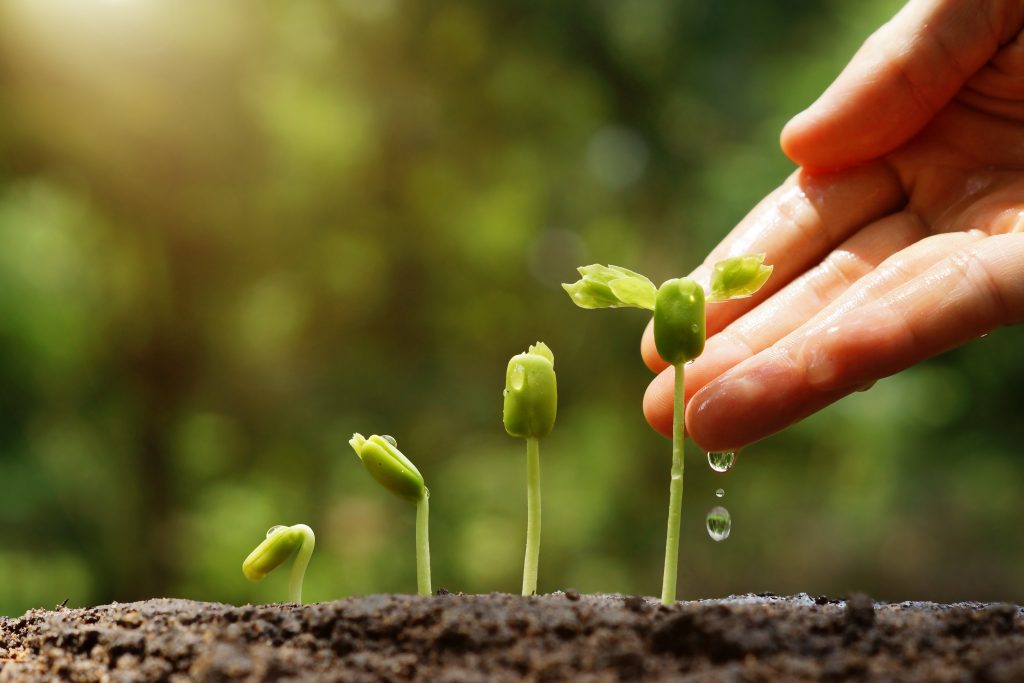
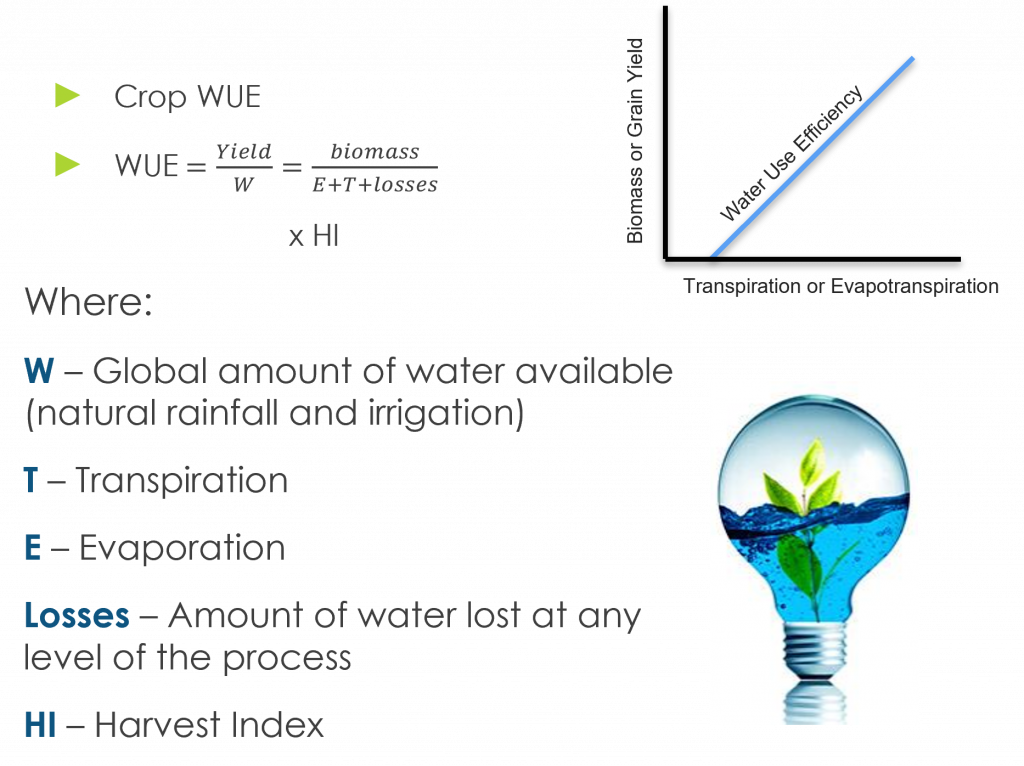

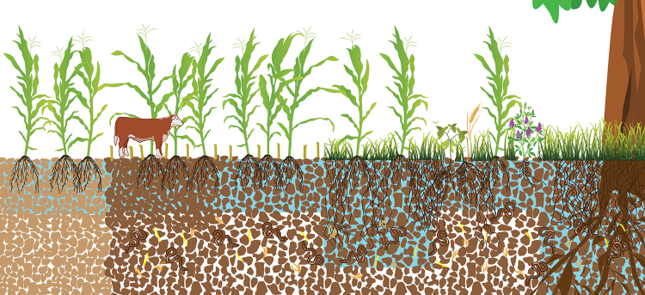
Conservation of water:
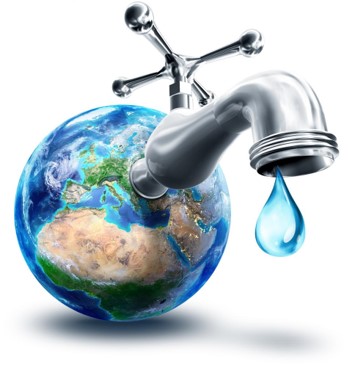
Enhancement of crop growth:
The adoption of Integrated Pest Management (IPM) practices can reduce pesticide use which in turn can reduce the impact on surface and groundwater from pest management practices

Enhancement of crop growth:
Water-extensive crops examples:
Water-intensive crops examples:
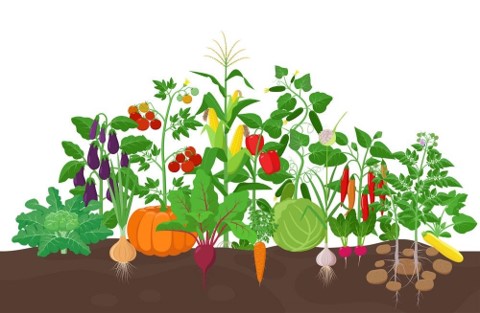
Drip Irrigation
Disadvantages: Very high input cost; plastic tubes sometimes get broken for excessive sun heat…
Subsurface Drip Irrigation (SDI)
Disadvantages: Risk of clogging; a lot of repair work is caused by rodents chewing the tubes; heavy machinery can damage the laterals; emitter can be damaged or blocked by root hairs…
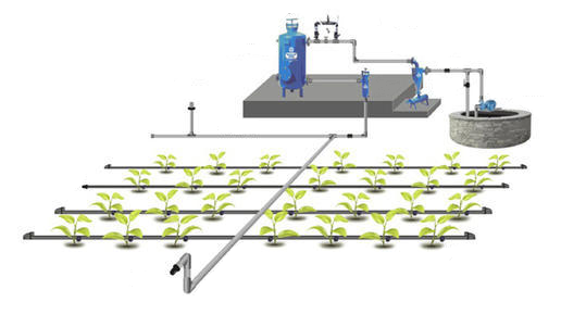
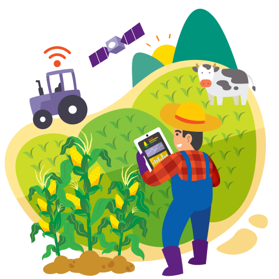 Precision Agriculture
Precision Agriculture
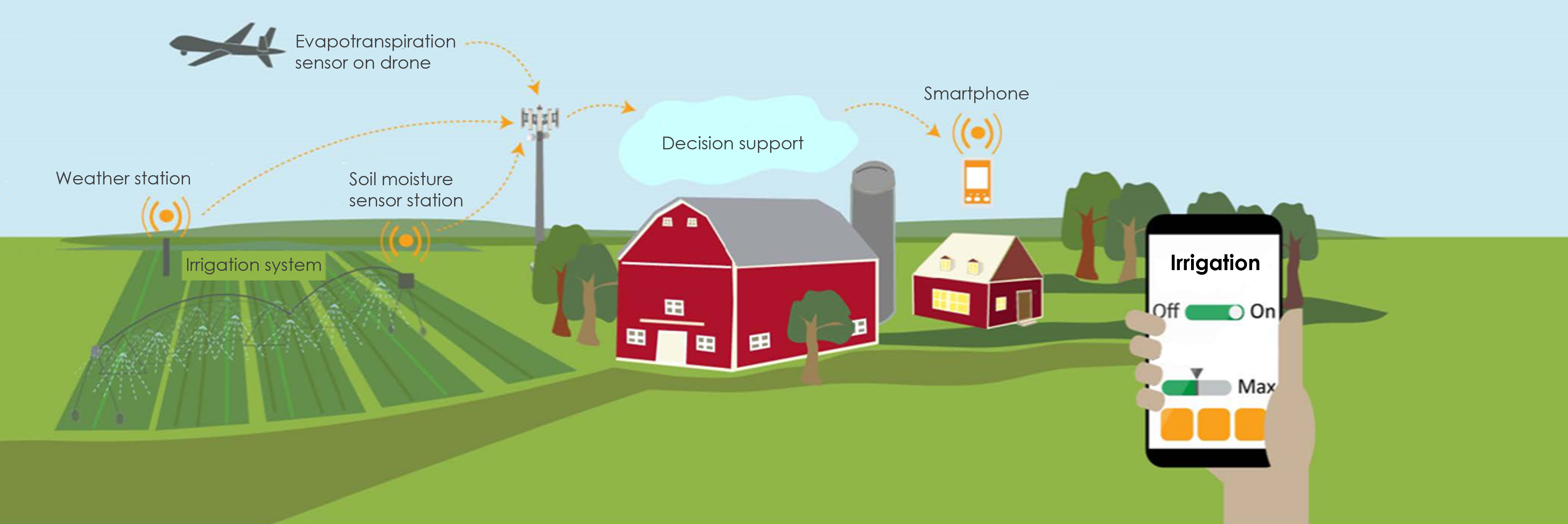
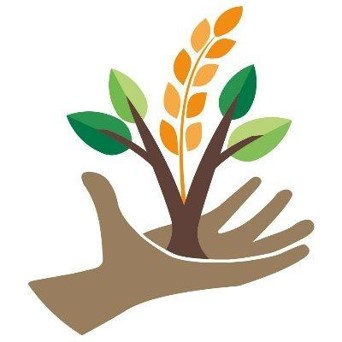 Agroforestry:
Agroforestry:
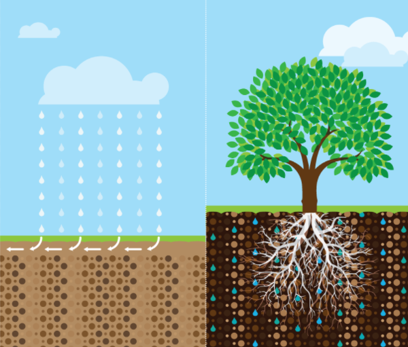 Protect soil and increase the ability of agricultural soil to hold water.
Protect soil and increase the ability of agricultural soil to hold water.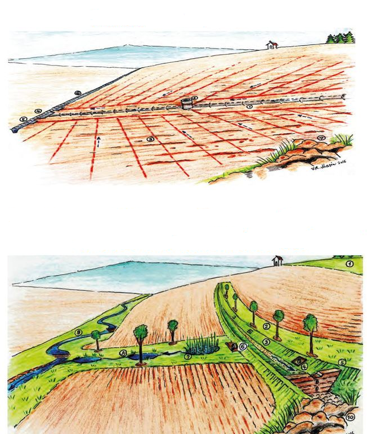 Solution = a combination of technology use and application of nature-based measures on agricultural land is necessary
Solution = a combination of technology use and application of nature-based measures on agricultural land is necessaryUseful websites with water/drought issues (in English):
Useful websites with water/drought issues (in Czech):
The History of Drip Irrigation
Smart Farming: The Future of Agriculture
The Role of Smart Farming in Developing Sustainable Agriculture
SMART AGRICULTURE METHODS AND STRATEGY FOR FARMERS
Subsurface Drip Irrigation (SDI), Colorado State University
IRMAK, Suat, Subsurface Drip (SDI) (colostate.edu)
STAUFFER, Beat: Subsurface Drip Irrigation
Irrigation Water Management: Irrigation Water Needs
Water use efficiency fact sheet
Progress on change in water-use efficiency
Agroforestry is water-wise farming
Improving water-use efficiency
7 Solutions and Tools to Prevent Droughts and Minimize Their Risks
CÍLEK, Václav: Zadržování vody v krajině od pravěku do dneška, Středisko společných činností AV ČR, Praha 2021
Jak zabránit odtoku vody z krajiny
CO JE AGROLESNICTVÍ? – Český spolek pro agrolesnictví (agrolesnictvi.cz)
Agrolesnictví – „znovuobjevení“ historického způsobu hospodaření a jeho možnosti dnes (asz.cz)
MARTINÍK, Antonín a kolektiv: Agrolesnictví, Skriptum pro posluchače MENDELU
Koncepce ochrany před následky sucha pro území České republiky
VYUŽÍVÁNÍ VODY- Jak plýtvání surovinami ohrožuje vodní zásoby Země
Archiv Asociace soukromého zemědělství ČR
VUV TGM, MŽP ČR, MZE ČR: KATALOG PŘÍRODĚ BLÍZKÝCH OPATŘENÍ PRO ZADRŽENÍ VODY V KRAJINĚ, Praha 2018

AGRIWATER project has been funded with the support from the European Commission, with the reference number 2020-1-CZ01-KA204-078212. The content of this website reflects the views only of the author, and the Commission cannot be held responsible for any use which may be made of the information contained therein.
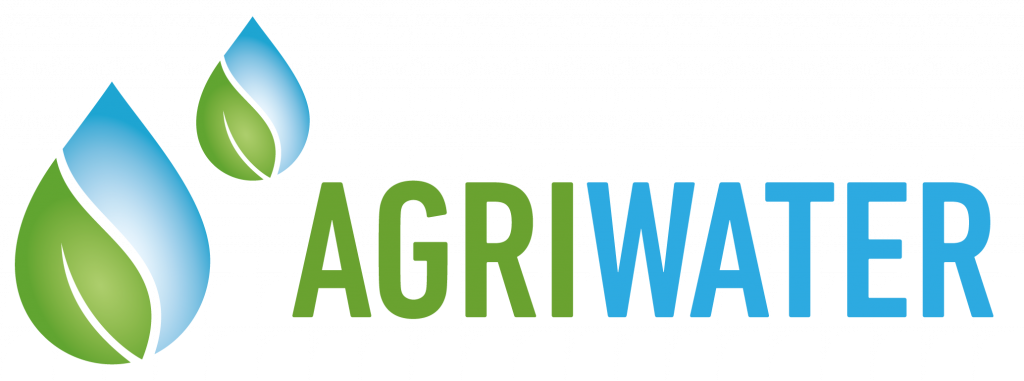
At AGRIWATER we take the protection of your personal data very seriously. Our purpose is to protect the privacy of the data you provide us and to comply with the current regulations on the protection of personal data.
In compliance with the Act 3/2018 of 5 December on the Protection of Personal Data and Guarantee of Digital Rights transposing Regulation (EU) 2016/679, we inform you of the following information about our privacy and data protection policy:
The organization responsible of your data is Asociace soukromeho zemedelstvi Ceske republiky, ID E10133738. This is a non-governmental organization located in Prague, Czech Republic.
Address
Samcova 1177/1
11000
Praha 1
Telephone
+420266710413
+420266710414
Email contact
marketa.sandova@asz.cz
The legal basis for the treatment of your data is the consent of the data subject under article 6.1 a) of the Regulation, as well as the legitimate interest of the data controller under article 6.1 f) of the Regulation.
The data we request from you are adequate, relevant and strictly necessary and in no case are you obliged to provide them to us, but their non-communication may affect the purpose of the service or the impossibility of providing it.
Your data will be kept for the time required for the proper provision of the service offered, as well as to meet the responsibilities that may arise from it and any other legal requirement.
In the course of processing your data, Asociace soukromeho zemedelstvi Ceske republiky may share your data with:
On Projects Advising SL, as web management and maintenance service providers.
The controller retains the right to restrict the rights set forth in Article 23 of the EU Regulation, if such restriction is provided to safeguard, in particular fundamental rights and freedoms and is a necessary and proportionate measure.
If any interested party considers that their data are not being treated correctly, they can send their complaints to the following e-mail address; kristyna.strnadova@asz.cz, Asociace soukromeho zemedelstvi Ceske republiky.
The data subject declares to have acquired all this information.

A cookie is a file that is downloaded and executed on your computer, phone, or mobile device when you access certain web pages. Cookies allow a website, among other things, to store and retrieve information about user’s browsing habits and recognize the user depending on the information they contain and the way they use their computer.
Cookies do not harm your computer and are necessary to facilitate navigation.
Cookies are necessary for our website to work properly. The purpose of our cookies is to improve the user’s browsing experience. They can be used to remember your preferences (language, country, etc.) during navigation and on future visits.
The information collected in the Cookies also allows us to improve the website and adapt it to the individual interests of users, speed up searches, etc.
Analysis Cookies: These, if they are used properly by us or by third parties, allow us to quantify the number of users and thus perform the measurement and statistical analysis regarding the users’ usage of our service.
Advertising Cookies: These, if they are used properly by us or by third parties, allow us to manage as effectively as possible the supply of advertising space on the website, adapting the content of the advertisement to the content of the service requested or to the use you make of our website.
Our cookies do not store information about your personal identification, address, password, credit or debit card details, etc.
The information stored in the website’s cookies is used exclusively by us, apart from those identified below as “third party cookies”, which are used and managed by external entities to provide us with services to improve our own services and the user’s experience when browsing our website.
Third party cookies are mainly used to obtain statistics and to guarantee the payment operations are carried out.
Yes, firstly, you must disable cookies in your browser and, secondly, delete the cookies stored in your browser associated with this website.
You can restrict, block, or delete cookies from this website at any time by modifying your browser settings. This setting is different for each browser. For more details on the configuration of cookies in your browser, please consult your browser’s “Help” menu.
It is possible that some of the website’s features may no longer work if you disable cookies.
These Cookies are used to identify the user during the session, prevent the user from having to repeat authentication processes on the website, speed up some website processes, remember selections made during the session or on subsequent accesses, remember pages already visited, etc.
COOKIES
PURPOSE
DURATION
MANAGEMENT
User identification
They are used to identify and authenticate the user. They also contain technical data from the user session, such as connection timeout, session identifier, etc.
Session
AGRIWATER
Session identification
They identify the user’s http session. They are common in all web applications to identify requests from a user’s session.
Session
AGRIWATER
Navigation status
They help identify the user’s browsing status (login, first page, first access, scroll status, voting status, etc.).
Session
AGRIWATER
These Cookies obtain generic information about users’ accesses to the website (not the content of the same) to subsequently provide us with information about these accesses for statistical purposes.
COOKIES
PURPOSE
DURATION
MANAGEMENT
Google Analytics (__utma, __utmb, __utmc, __utmd, __utmv, __utmz, _ga…)
They allow website statistic’s tracking through the Google Analytics tool, which is a service provided by Google to obtain information about user access to websites. Some of the data stored is: number of times a user visits the website, dates of the user’s first and last visit, duration of visits, from which page the user accessed the website, which search engine was used or which link was clicked, from which part of the world the user accessed the website, etc. The information generated by the cookie about your use of the website will be directly transmitted and stored by Google Inc (a company located in United States). The configuration of these cookies is predetermined by the service offered by Google, so we suggest you consult the Google Analytics privacy page, for more information on the cookies it uses and how to disable them (keep in mind that we are not responsible for the content and accuracy of third-party websites).
Persistent
Third Parties